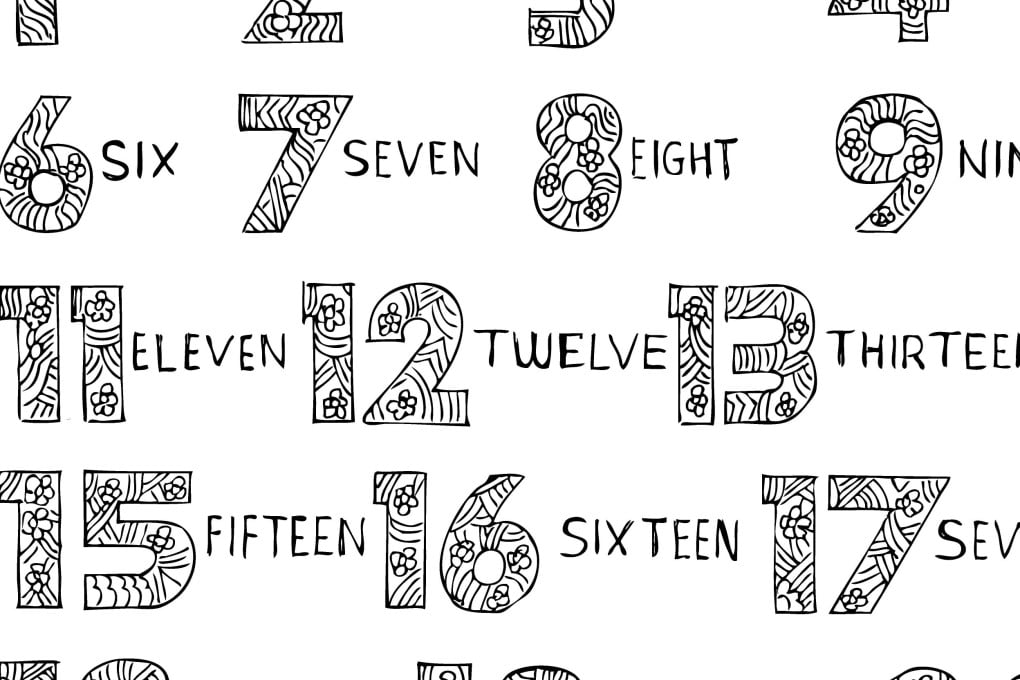Language Matters | Why do the words ‘twelve’ and ‘eleven’ diverge from the patterns of English numerals?
From ‘twenty-one’ to ‘ninety-nine’, there is a logical principle of stating the number of tens followed by the units. The same cannot be said for all of the teens

The 5th or 6th of January, depending on when counting starts, is Twelfth Night, the last evening of the traditional 12 days of Christmas.
Why do the words “twelve” and “eleven” diverge from the patterns of other English numerals?
From “twenty-one” to “ninety-nine”, there is a logical principle of stating the number of tens followed by the units. With the teens, conversely, the unit is followed by an inflected form of ten from Old English (originating in Germanic). Thirteen, for example, derives from the Old English þréo “three” and tíene “ten”.
In contrast, twelve, from the Old English twelf, comprises twa “two”, plus liƀ- or lif-, which is generally considered to belong to the same root as the Old Germanic liƀan “to leave”. Eleven, evolving through various Middle English forms such as elevyn, ellevene and endlevene, is from the Old English ęndleofon.
This was inherited from the Old Germanic ainlif-, composed of ain- (shortened from aino-) “one”, plus -lif-, hypothesised to derive from the Aryan root leiq or leip “to leave, remain”. In other words, “twelve” and “eleven” denote one or two left or remaining, respectively, after counting ten.
Counting based on 10 and its multiples – a decimal system – is dominant in nearly every part of the world, based originally on the counting on 10 fingers. The word “digit”, referring to whole numbers less than ten, is from the classical Latin digitus “finger”. A diversity of systems, however, exists in various cultures, reflected in the languages’ numeral expressions.

